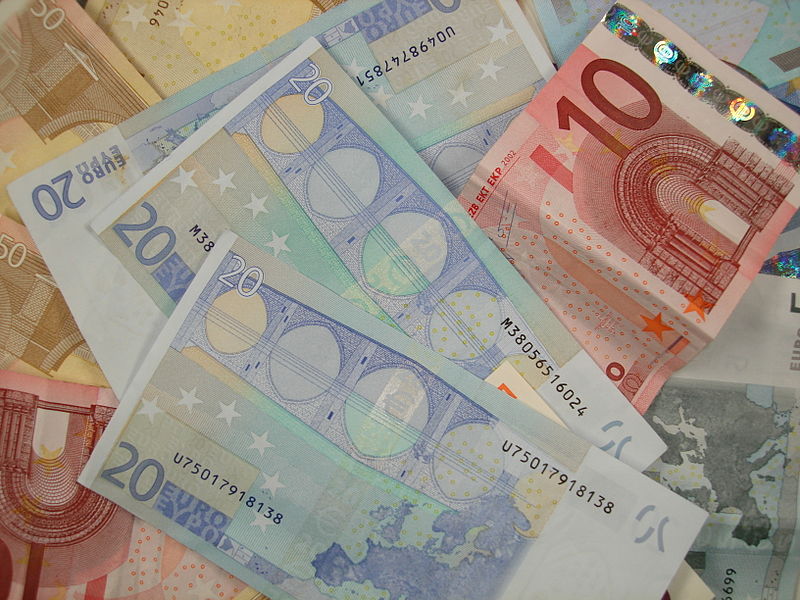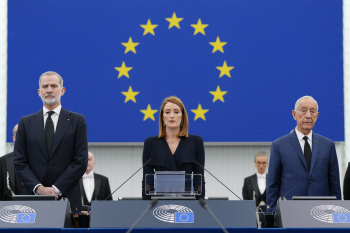
Brussels has officially greenlit Bulgaria’s entry into the eurozone, with the country set to adopt the euro on 1 January 2026. The decision follows a favorable assessment from both
the European Commission and the European Central Bank (ECB), confirming that Bulgaria meets all necessary convergence criteria.
According to the ECB and Commission report released on 4 June, Bulgaria satisfies key requirements related to inflation, public finances, exchange rate stability, and long-term interest rates.
“This positive assessment paves the way for Bulgaria to introduce the euro,” said ECB Executive Board member Philip R. Lane. EU Economy Commissioner Valdis Dombrovskis added that euro adoption would bring tangible benefits, including price stability, reduced transaction costs, better protection of savings, and enhanced trade and investment.
Joining the eurozone has been a long-standing but challenging goal for Bulgaria. Political instability — including seven elections in four years — along with delays in anti-money laundering reforms and inflation concerns had repeatedly slowed progress.
Nonetheless, Bulgaria has recently demonstrated improved fiscal discipline. Its debt and deficit levels are currently at 24.1% and 3.0% of GDP, respectively, while the average inflation rate between May 2024 and April 2025 was 2.7%, just below the 2.8% threshold.
Prime Minister Rosen Zhelyazkov’s minority government views euro adoption as a crucial step toward deeper integration and greater influence within EU institutions. Although the Bulgarian lev has been pegged to the euro since 1999, the country has had no say in eurozone monetary policy.
Despite the EU’s endorsement, the decision has faced domestic opposition. Mass protests—many organized by the far-right Revival party—have erupted across the country, with critics warning of potential price increases and demanding a national referendum. Parliament and the judiciary have so far blocked such calls.
Final approval from the European Parliament and EU member states is expected by July. Bulgaria will be the second country this decade to join the eurozone, following Croatia's entry in 2023. Photo by Lionel Allorge, Wikimedia commons.
















